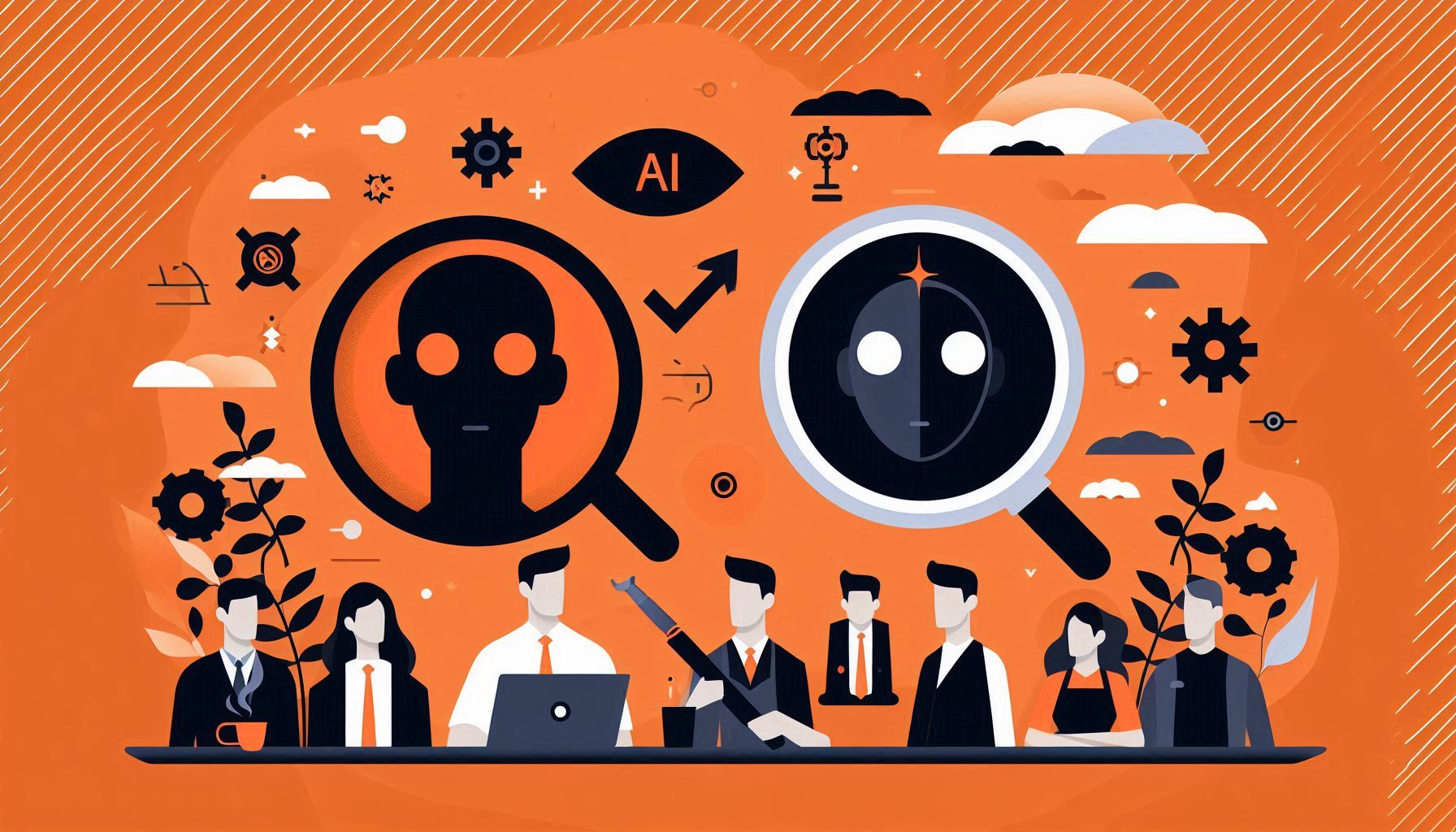What’s the difference between GenAI and AI Agent?

The most talked about types of Artificial Intelligence include Generative AI (or in short: Gen-AI) and AI Agent. Generative AI (such as ChatGPT, Claude, Dall-E and Midjourney) can turn textual guidelines (prompts) into textual, visual or audio content. AI Agents (For example, AutoGPT) are already capable of acting independently and performing complex tasks such as campaign management and customer’s journey optimization. In this article we will discuss the differences between these two types of AI and their potential usages for digital marketing.
The Main Differences between GenAI and AI Agent
Generative AI specializes in creating content from prompts. For example:
- Content creation (blog posts, ad copies, product descriptions, meta tags).
- Image and video generation.
- Personalization of marketing messages (such as ads or emails).
AI Agent represent a new phase in the evolution of artificial intelligence. These systems are autonomous or half-autonomous and they can make decisions and perform complex tasks. For example:
- Campaign automation – managing and optimizing advertising campaigns.
- Campaign Performance Analysis – tracking and analyzing CTR, conversion rates, ad optimization, etc.
- SEO (Search Engine Optimization) – tracking and analyzing positions, competitors’ research, content optimization recommendation, link building.
- Customers’ relations management – automatic responses using chatbots, analysis of users’ profiles for personalization purposes.
AI Agent Qualities
Independence – AI Agent systems can manage campaigns completely independently: from planning to executing, result analysis and real-time optimization, all without the interference of the campaign manager.
Strategy-minded – The AI Agent can define goals, find potential new target audiences, and set the optimal mix of marketing channels, based on past performance and the industry.
Multi-tasking – AI Agents can simultaneously manage the marketing campaigns on Google, social media, email and other channels, synchronize the messages and divide the budgeting plans.
Constant learning – The system learns from every interaction with customers, recognizes behavioral patterns and seasonal trends, and improves the strategy decisions accordingly.
Practical Uses of AI Agents in Digital Marketing
Automatic Campaign Management
AI Agents can manage campaigns in Google Ads, Meta Ads and other advertising platforms, and complete the following tasks:
- Divide budgets between different platforms and ad groups.
- Write and check different versions of ad copy.
- Choose target audience and expand them dynamically.
- Match real-time bids based on performance.
Large Scale Personalization
AI Agent can personalize the ads’ and website’s content to each visitors based on their previous interactions and preferences. Additional capabilities include:
- Manage a complete customer’s journey with thousands of possible variations.
- Match the message, timing, and marketing channel to each potential customer.
- Dynamic personalization of the website’s content, mails and ads.
- Find real-time opportunities for up-sales and cross sales.
Marketing Strategy Improvement
AI Agent systems can analyze campaign performances in real-time and match the marketing strategy to improve return on investment, by:
- Research and analyze market and competitors’ data in real-time.
- Identify gaps and weaknesses in the marketing activity and offer solutions.
- Trends forecast and long-term strategic planning.
Smart Content Management
GenAI can create content from prompts, but AI Agent can plan and improve the content in several ways:
- Plan a content calendar according to goals, events, and previous performances.
- Match content to each platform and message (in collaboration with GenAI).
- Identify opportunities for viral content and optimal timing.
- Analyse performance and produce insights for future campaigns.
Examples of AI Agent Tools for Marketers
- AI Customer Support Agent Hubspot – Agent chatbots for conversing with customers and potential customers. According to Hubspot, it can reply 75% of the requests without forwarding the conversation to a human representative. The tool connects with CRM systems to collect leads, and with tools such as Slack or organization mail to improve the communication with the team.
- Google Ads AI – AI agent in Google’s advertising platform, which can analyze ads performances, match budgets, bids and ad formats.
- ai – A tool designed for autonomous management of campaigns, which is capable of dividing budgets between different ad platforms, run A/B tests and draw conclusions.
- Surfer SEO – Content optimization and analysis tool, which offer SEO recommendations based on ranking and competitors’ analysis.
Practical differences between GenAI & AI Agent
If generative AI can write a newsletter, an AI Agent can decide when to send it and to which audience, as well as review the results and improve the strategy accordingly.
Generative AI can complete specific tasks (write text for a certain purpose, design images and so on). AI Agent can see the big picture and make complex decisions for the long term.
AI agents can be integrated into CRM systems, Google Analytics, advertising platforms such as Google Ads and CRMs.
To summarize, AI Agents are the next generation of automation in digital marketing – not just complete simple tasks, but strategic management of campaigns and a holistic perspective of the brand, the industry and the customers. For now, AI agents cannot replace the digital marketing team, but they can release them from spending time on tactic tasks, and free more time for creative tasks, strategic planning and deep understanding of the customers’ needs.
